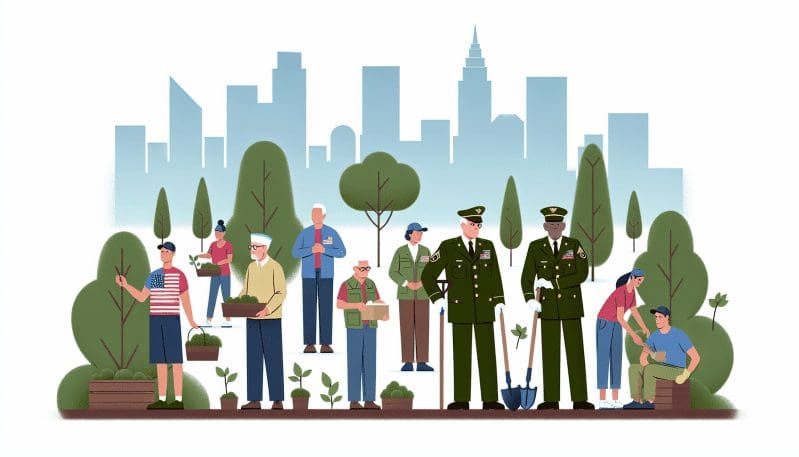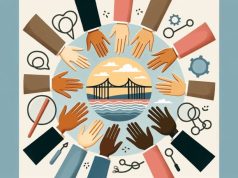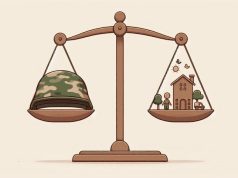In the fabric of American society, volunteerism and community engagement have long been lauded as linchpins of democracy. At the heart of this tradition are the men and women who have served in our armed forces. As veterans transition from military to civilian life, they carry with them a wealth of unique skills and an ethos of service that can significantly contribute to revitalizing the spirit of volunteerism in modern America.
Veterans are often recognized for their exceptional leadership abilities, discipline, and teamwork—traits honed within the crucible of military service. These inherent skill sets position them as natural leaders for volunteer movements and community initiatives. Their experiences, which span diverse cultural and geographical landscapes, enrich their understanding of social issues, allowing them to act with empathy and a global perspective.
However, despite their potential, many veterans encounter barriers to engagement. These include difficulties in translating military skills to civilian contexts, lack of awareness about volunteer opportunities, and sometimes, a civilian-military divide that can lead to misunderstandings about the role veterans can play in society beyond their combat experience.
To mitigate these barriers, society must create clear pathways for veterans to integrate their expertise into community programs. Initiatives such as Veterans Engaged in Transition (VET) have shown how meaningful partnerships between veteran organizations and local communities can lead to successful volunteer projects, from neighborhood clean-ups to disaster relief efforts. For instance, Team Rubicon, a nonprofit that utilizes the skills of military veterans to deploy emergency response teams, has been instrumental in providing critical aid in the aftermath of natural disasters.
Moreover, it’s imperative to acknowledge and address the unique challenges that some veterans may face, including mental health issues and physical disabilities, which can affect their participation in volunteer activities. By providing tailored support and fostering inclusive environments, we can ensure that these hurdles do not impede their willingness to serve once again.
In collaboration with government agencies, nonprofits, and community groups, we can develop outreach programs specifically aimed at engaging veterans in volunteerism. These can range from mentorship opportunities for at-risk youth to revitalizing urban infrastructure and supporting elderly populations. Employing social media campaigns and local publicity can also raise awareness and attract veterans to these causes.
To harness the full potential of veteran volunteers, we must also elevate their stories of impact. Sharing these narratives not only honors their contributions but also inspires others to follow suit. It instills a sense of purpose and demonstrates the profound effect service can have on the community.
In conclusion, veterans are an untapped reservoir of dedication and leadership that can serve as a catalyst for a renaissance in American volunteerism and community engagement. By effectively engaging with this invaluable resource, we have the power to address many of the pressing social and civic challenges of our time. The time is ripe for a concerted effort to integrate the talents of our veterans into the heart of our communities, fostering a renewed era of service and unity across the nation.




























